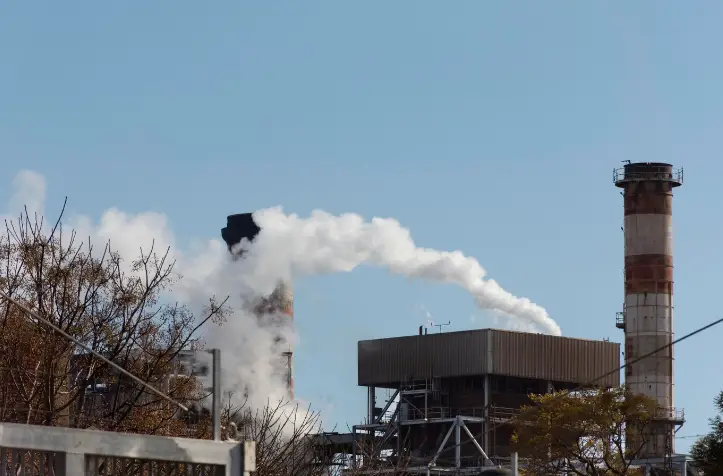Exploring the Potential of Carbon Capture: Addressing the Challenges of Carbon Emissions

Carbon emissions play a central role in exacerbating climate change, fueling phenomena like global warming, heightened sea levels, and severe weather occurrences. In response to the pressing imperative to curtail greenhouse gas emissions, carbon capture has risen as a hopeful technology in mitigating the adverse effects of carbon dioxide (CO2) emissions on the environment. Through the capture of CO2 emissions from industrial operations and power plants, carbon capture presents a viable avenue for addressing the dilemma of emission reduction while fostering sustainable economic progress.
Understanding the Problem: The Consequences of Carbon Emissions
Carbon emissions, predominantly in the guise of CO2, stem from the combustion of fossil fuels utilized in energy generation, industrial activities, and transportation. These emissions accumulate in the atmosphere, trapping heat and contributing to the greenhouse effect, which leads to global warming and climate change. The effects of unchecked carbon emissions are far-reaching, impacting ecosystems, human health, and economies around the world. Urgent action is needed to curb emissions and transition to a low-carbon future.
Exploring the Potential of Carbon Capture: A Technology with Promise
Carbon capture is a procedure that involves capturing CO2 emissions from industrial sources, like manufacturing facilities and power plants, before they are released into the atmosphere. Once captured, the CO2 can be transported and stored underground in geological formations, preventing it from contributing to climate change. Additionally, captured CO2 can be utilized in various industrial processes, like enhanced oil recovery or the production of synthetic fuels, further reducing emissions and promoting economic growth.
Exploring the Benefits: Leveraging Carbon Capture for Large Businesses
Large businesses stand to gain significant advantages from the implementation of carbon capture technology, offering solutions to mitigate their carbon emissions while fostering economic growth.
Emission Reduction and Compliance: Capturing carbon emissions allows large businesses to significantly reduce their carbon footprint by capturing CO2 emissions from industrial operations and power plants. By doing so, they can comply with increasingly stringent emission regulations and environmental standards, mitigating the risk of fines and penalties while maintaining operational continuity.
Enhanced Corporate Responsibility: Adopting carbon capture technology exhibits an obligation to corporate social responsibility and environmental stewardship. Large businesses can enhance their brand reputation and appeal to environmentally-conscious consumers, investors, and stakeholders, thereby gaining a competitive edge in the market.
Diversification of Revenue Streams: Captured CO2 can be utilized in various industrial processes, such as enhanced oil recovery, beverage carbonation, and manufacturing of chemicals and materials. Large businesses can capitalize on these opportunities to diversify their revenue streams, generate additional income, and offset the initial investment in carbon capture technology.
Future-Proofing Operations: As global climate policies evolve and carbon pricing mechanisms are implemented, large businesses that invest in carbon capture technology position themselves for long-term success. By proactively reducing their carbon emissions and transitioning towards a low-carbon economy, they mitigate the risk of regulatory compliance costs and market disruptions associated with carbon-intensive operations.
Innovation and Leadership: By embracing carbon capture technology, large businesses demonstrate leadership in sustainability and innovation within their industries. They can collaborate with research institutions, technology providers, and government agencies to drive advancements in carbon capture technology, contributing to the development of scalable and cost-effective solutions for emission reduction.
Conclusion
Carbon capture holds promise as a technology for lowering CO2 emissions and mitigating the impacts of climate change. Through the capture and storage of CO2 emissions from industrial origins, carbon capture holds promise in substantially diminishing greenhouse gas emissions, concurrently bolstering sustainable economic advancement. improve efficiency, and establish supportive policies. Through strategic investment and collaboration, carbon capture stands poised to assume a pivotal role in steering the transition towards a low-carbon future, effectively tackling the pressing challenge of climate change.
